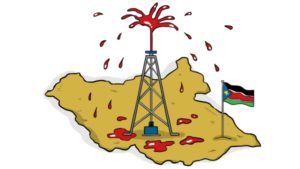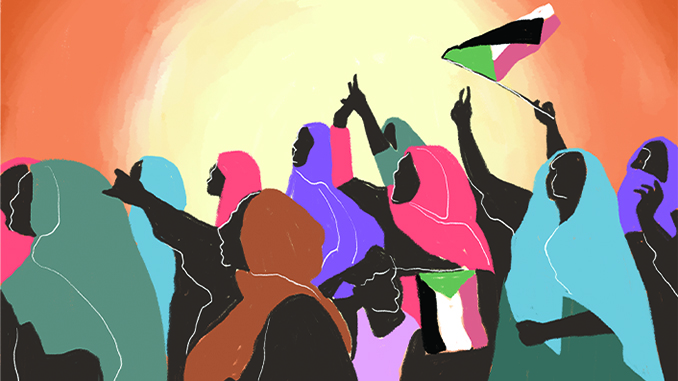For months, tens of thousands in the camp and other protest sites have been demanding a speedy transition to civilian rule. The break-up of the sit-in threatens to escalate the struggle between the protesters and the army to a new, more volatile level.
Many protest leaders see the confrontation with the army as part of the struggle to purge the state’s institutions of al-Bashir’s army and Islamist supporters. The autocrat’s time in power will likely be remembered as among the most oppressive in Sudan’s modern history.
If ever there was a moment for some tough love between allies, it is now. America, and most of Europe for that matter, is calling for the generals currently in control of Sudan to cede power to civilians and prepare for elections. Three U.S. allies — Egypt, Saudi Arabia and the United Arab Emirates — back the generals.
In recent days, the U.S. has begun to make public its unhappiness with the Saudi position on Sudan, where dictator Omar al-Bashir was overthrown in April. Saudi kingdom has deep ties to Sudan’s current military leadership, which supports the war in Yemen, and “wants to retain its influence across the Red Sea.” This is where Saudi’s own interest is kicking in and neglecting the will and democratic right of Sudanese people.

The Saudis, Emiratis and Egyptians have an interest in preventing a democratic transition in Sudan — lest their own people learn that an Arab democracy is possible. At the same time, Sudan has a real chance to end decades of tyranny. What happens there in the coming weeks could shape its future for decades to come.
However the people of Sudan also must learn from the story and how it ended in Egypt. Following Mubarak’s ouster, a poorly conceived transition to democracy bred discord among Egypt’s revolutionaries, and their divisions paved the way for a 2013 counterrevolutionary coup that restored military rule.
The architect of that coup, Abdel Fattah el-Sisi, went on to declare himself president and establish a regime that is, if anything, more violent and repressive than the one toppled in 2011. Yet Egypt’s failed democratic experiment also provides lessons. As Sudan take her first tentative steps toward democracy, Sudan can draw on these lessons to help keep her own transitions on track.
Furthermore, the use of force in a bid to achieve legitimacy has always had negative and bloody outcomes. Legitimacy cannot come from the barrel of a gun, rule by the people and with their will is the way to move ahead in modern times. There is an urgent need for a return to the negotiation table to bring about an inclusive, civilian-led transitional gov’t in Sudan.








